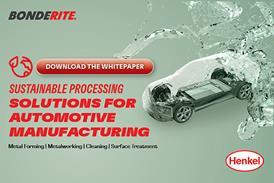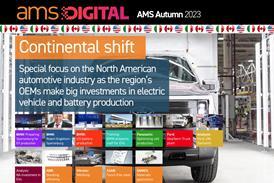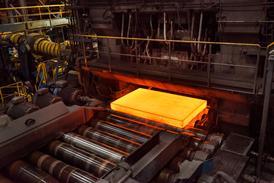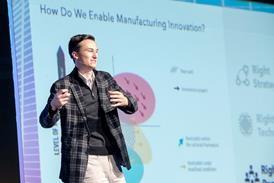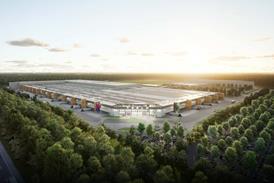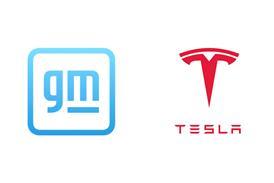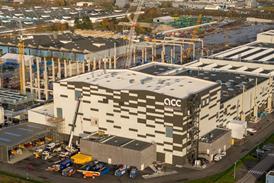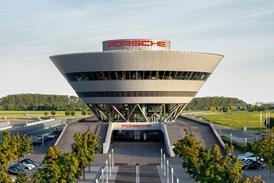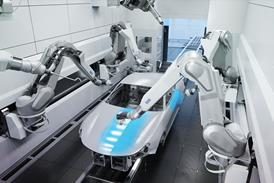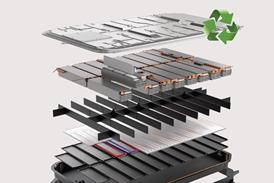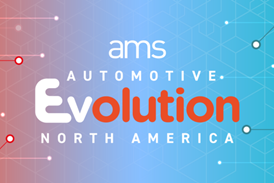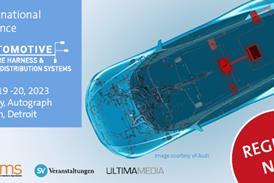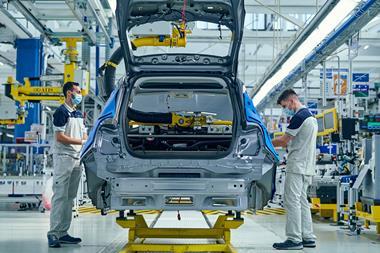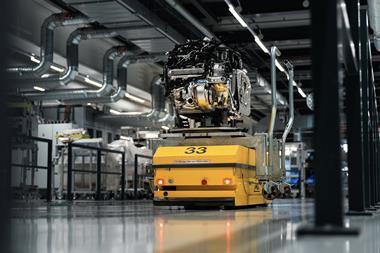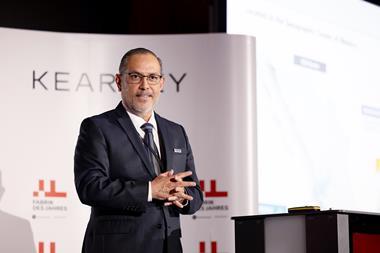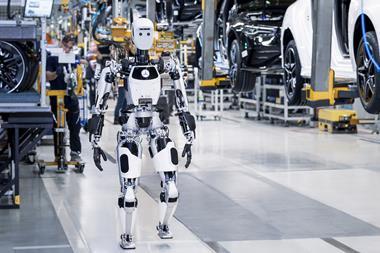Audi has resolutely turned to the concept of the smart factory. But how does this profound transition work exactly? What role are humans playing in the process? Are suppliers ready to meet the new demands of the OEMs? The entire industry has to make crucial decisions on its future course, writes Oliver Koenig of Automobil Produktion

Driverless transport systems for modular assemblyThe automotive industry is now undergoing the greatest upheaval in its history due to the advancement of artificial intelligence. It doesn’t just involve electric mobility and digital services – it also relates to autonomous production. Audi has a clear response to new market requirements and the growing desire for customisation.
The goal is the complete elimination of the assembly line. Instead, a modular assembly system takes its place, making it possible for driverless transport systems (DTS) to fully exploit their advantages. Aside from greater reliability and productivity, a key benefit is the high degree of flexibility needed to handle custom requirements.
At the plant in Neckarsulm, Germany, where the R8 sports car is built, DTS systems are already transporting car bodies to individual production stations.
Through the use of sensors and radio frequency identification (RFID), the autonomous transporters find their way without coming into contact with persons or objects. With the use of smart DTS in the production of the new A8, it becomes clear why Audi is talking about the smart factory rather than Industry 4.0.
New structures and continuing educationAudi explicitly considers the smart factory to be a building block of its continuous improvement process (CIP). For all the technology, the human being always retains a key role. The OEM has introduced and firmly anchored a wide-ranging cultural change, with clear modifications in the role models for managers.
They now serve as mentors and empower their employees. In turn, the realisation of the smart factory is closely tied to a change in mindset. Such a project would be inconceivable without continued staff education and motivation. A new kind of cooperation between humans and machines is vividly on display.
Get first-hand digitalisation know-howAs the Audi board member responsible for production and logistics, Peter Kössler is in an unmatched position to communicate insights into Audi’s overarching smart factory strategy. At the Automobil Produktion Congress, he will give exclusive insights about The Digitalisation of Audi Production. The Automobil Produktion Congress also features other luminaries in the industry:
• Albrecht Reimold, board member responsible for production and logistics at Porsche AG, talks about The Zero-Impact Factory• Markus Schäfer, Daimler board member responsible for production, gives a keynote address on the flexible production of electric vehicles• Hans-Christian Boos, founder and CEO of Arago, is one of Germany’s best-known experts on artificial intelligence. He will add to the evening’s attractions with a lecture entitled, How a Computer Learns to Think: HIRO
For more information and registration for the Automobil Produktion Congress on 18/19 June in Munich, visit www.automobil-produktion-kongress.de/en


